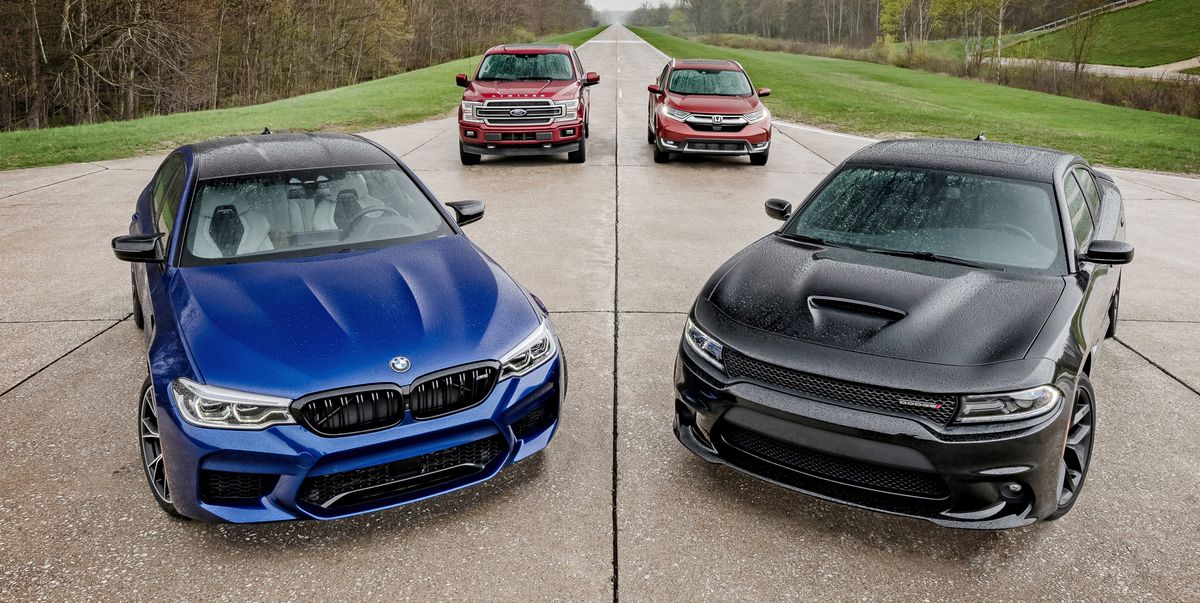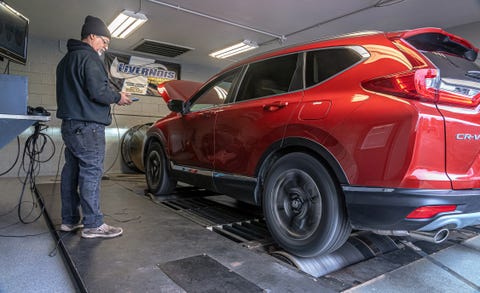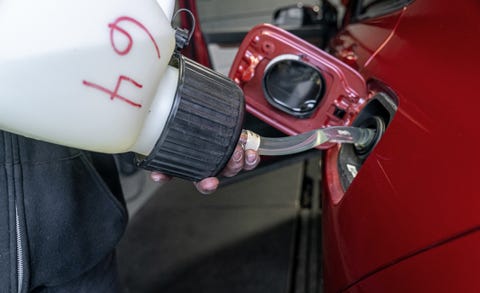I like this explanation on the use of high octane gasoline! Thanks!
The only guaranteed result of using
premium gasoline in an engine designed for regular-grade fuel is that you will
spend more money on gas. As far as any
tangible benefits to filling up with pricier gasoline, the chances are slim to none.
If your engine runs fine on regular, filling it with premium is unlikely to boost acceleration or fuel economy by more than insignificant amounts. No matter what you’ve heard, premium-grade gasoline won’t do more to clean deposits from your fuel injectors or other parts of the fuel system because today’s regular gas contains the same detergent additives.
The main difference with premium is its octane rating — 91 or higher compared with 87 for regular octane. The higher octane gives premium gas greater resistance to early fuel ignition, which can result in potential damage, sometimes accompanied by audible engine knocking or pinging. Higher octane allows engines to have higher compression ratios (for a more energetic explosion), more advanced ignition timing or forced-air induction like turbochargers or superchargers. They perform best when fed premium fuel.
But if the vehicle manufacturer says your engine needs only 87-octane regular, that is what you should use. The higher octane of premium gas won’t make your car faster; in fact, the opposite is possible because higher-octane fuel technically has less energy than lower-octane fuel. It’s the fuel’s ability to be compressed more without pre-igniting that results in more power
when used in the appropriate engine. Premium gas is not “stronger” gas.
If you burn premium because you think it makes the engine peppier, that is probably psychological: “I’m paying more for gasoline, so I must be getting more.” Some motorists claim they get better fuel economy with premium, but some of that could be due to favorable weather conditions (such as warm weather instead of cold) or other factors.
If you use premium fuel because your engine knocks on regular, you are treating the symptom, not the cause. Something else might be causing the knock, such as carbon deposits or hot spots that should be diagnosed and treated by a mechanic.
Premium gas can cost 20 to 60 cents more per gallon depending on where you live. Paying more to pump premium gas into a car designed for regular gas will have a low return on investment.
Cars.com’s Editorial department is your source for automotive news and reviews. In line with Cars.com’s long-standing ethics policy, editors and reviewers don’t accept gifts or free trips from automakers. The Editorial department is independent of Cars.com’s advertising, sales and sponsored content departments.









